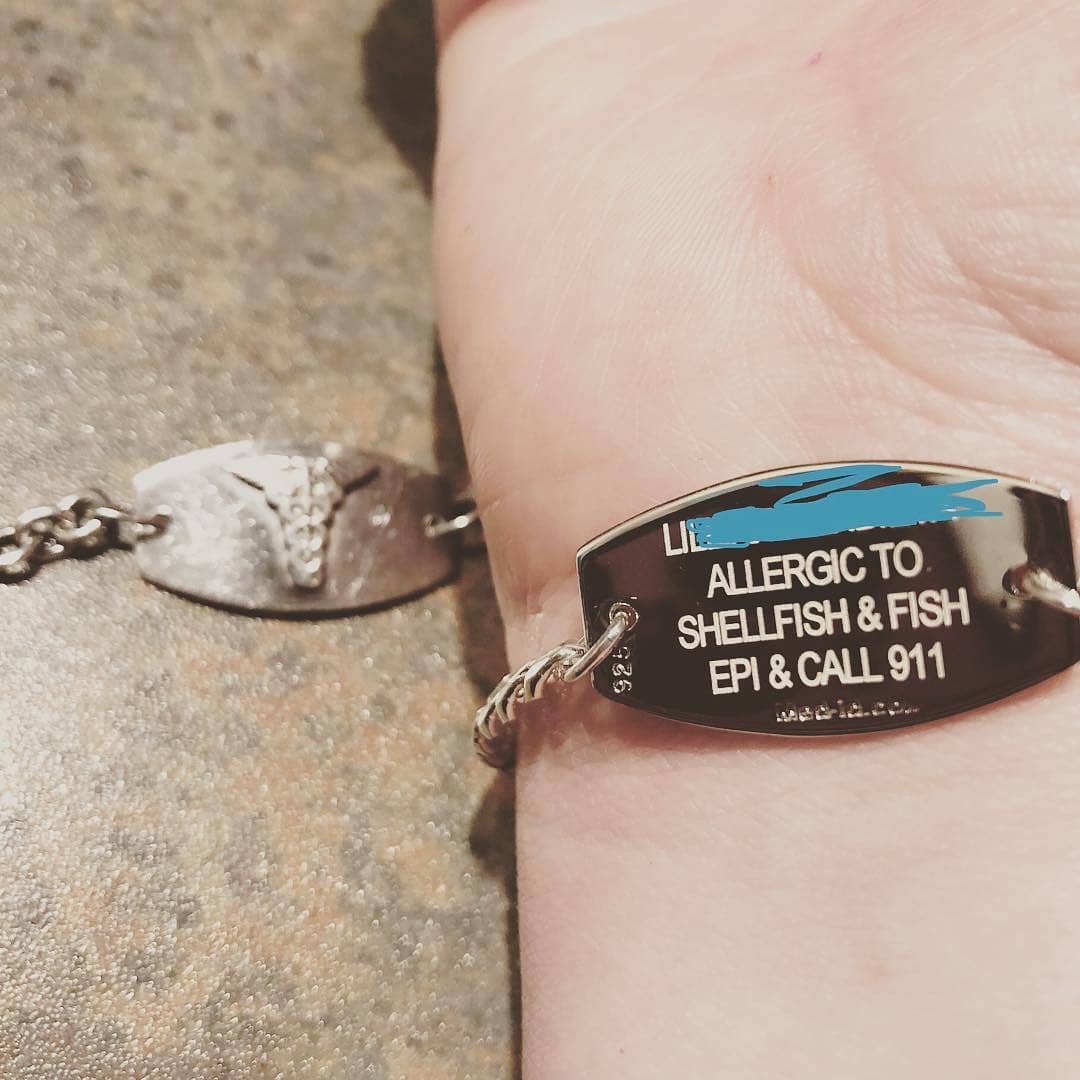With up to 15 million people living with food allergies, including 1 in 13 children,* chances are that you or someone you know is affected.
But what exactly are food allergies, and what does it mean to live with them?
Being educated on the matter can only help in the long run if you or someone you may know has an allergic reaction to certain foods. Remember, if someone appears to be having an allergic reaction, seek immediate medical attention. An allergic reaction may not seem bad at first, but it can progress quickly. It’s not possible to cure allergies, only avoid the triggers and be prepared in the event of a reaction.
The National Institute of Allergy and Infectious Diseases has a short video explanation of what happens during an allergic reaction.
What Foods are People Allergic To?
A person can be allergic to just about any food, but most allergic reactions are caused my eight main foods.
- Milk/Dairy
- Soy
- Wheat/Gluten
- Egg
- Peanut
- Tree nut
- Fish
- Shellfish
What are Symptoms of Food Allergy Reactions?
As with allergic reactions in general, there are a wide variety of symptoms, but mostly, look for the following.
- Rash
- Swelling in the throat, face, or around the lymph nodes
- Itching
What Can You Do To Help?
Often, a person will know if they’ve eaten something they’re allergic to and know to seek medical care, even after using a portable epinephrine pen, for example. But you can help, too.
- Don’t share food with friends who are allergic. Sometimes, the food you eat may have trace amounts of another food that can cause reactions.
- Wash your hands after eating.
- Seek help immediately if someone seems to be having an allergic reaction.
Food allergies are serious. They can cause serious long-term injury or even death if not treated right away. Therefore, it is important to avoid the foods someone is allergic to if at all possible and seek immediate medical attention via 9-1-1 should someone appear to be having a reaction.
Medical ID bracelets are valuable proactive tools to use in the event of an emergency. They list personal medical information, including specific food allergies so that medical personnel can provide proper treatment.




